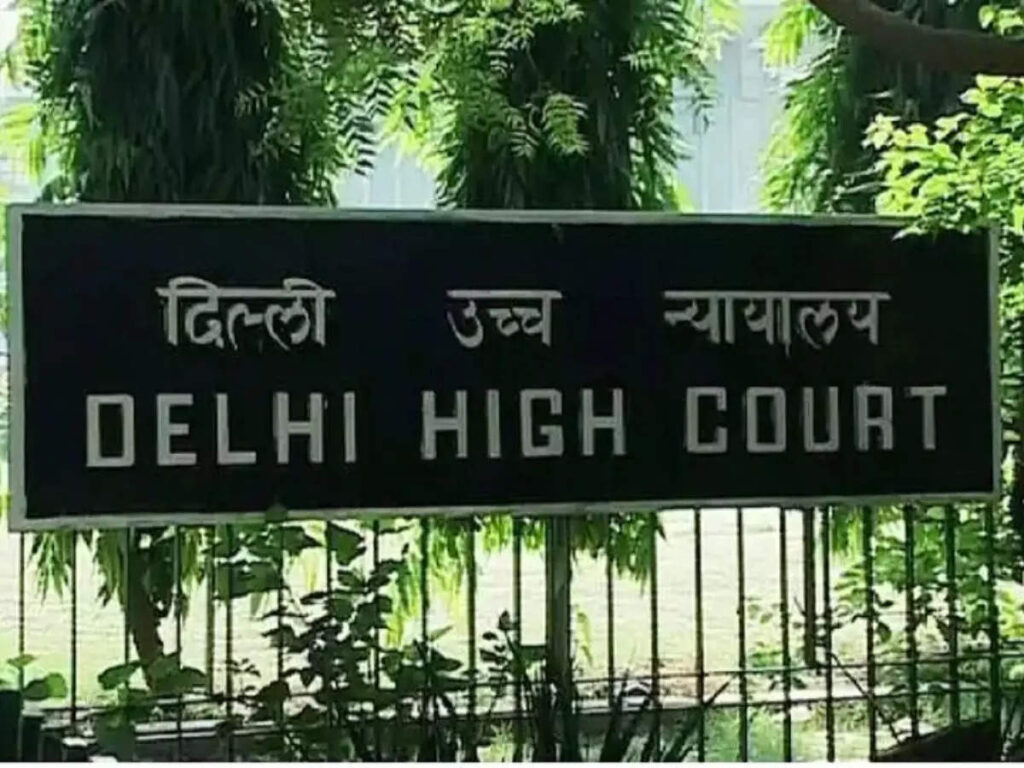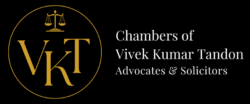Arun Kumar vs. The Principal PP International School | Delhi HC secures Right to Education for EWS Student

The Delhi High Court has reiterated that Right to Education for all is a Fundamental Right and there is requirement of special provisions to be made to secure the rights of admission of EWS Students
Facts:
- The petitioner, Arun Kumar, applied for his daughter Kavya’s admission to Class I under the EWS category through the DoE’s process. Kavya was selected through a computerized draw of lots and allocated a seat in PP International School.
- Despite the selection, the school did not admit Kavya, prompting the petitioner to file a writ petition for enforcement of the admission.
- The case hinges on the implementation of the RTE Act, which aims to provide free and compulsory education to children from economically weaker sections and disadvantaged groups by reserving 25% of seats in private schools.
Issue:
The central issue in this case is whether PP International School, the respondent, can lawfully refuse to admit Kavya, the petitioner’s daughter, who was selected for admission to Class I under the Economically Weaker Section (EWS) category through a computerized draw of lots conducted by the Directorate of Education (DoE).
Grounds
The grounds on which the court’s decision was based include:
- Right to Education: The court referenced the provisions of the Right of Children to Free and Compulsory Education Act, 2009 (RTE Act), specifically Section 12, which mandates the admission of children from EWS and disadvantaged groups.
- Previous Court Decisions: The court noted consistent orders in similar cases where the admission of children selected under the EWS category through a computerized draw of lots had been upheld.
- Lack of Representation from the School: The court highlighted that the school did not file any representation against the number of EWS seats allocated, thereby binding them to the outcomes of the draw of lots.
Respondent’s Argument:
- The respondent’s counsel argued against granting provisional admission, suggesting that the academic year was already in progress and Kavya would not benefit from joining mid-session.
- They also referred to previous cases and an order from the Supreme Court indicating that issues of carry forward should not result in interim orders of admission until final resolution.
Petitioner’s Argument:
- Admission through EWS Category: The petitioner argued for the enforcement of Kavya’s right to admission under the EWS category as per the RTE Act and the computerized draw of lots conducted by the DoE.
- The petitioner claimed the school’s refusal was illegal and against the mandate of ensuring education for children from weaker sections.
Judgment:
- Interim Relief: The court directed that Kavya be granted provisional admission to Class I in PP International School in accordance with the computerized draw of lots conducted by the DoE.
- This provisional admission is subject to the outcome of the writ petition, and Kavya is entitled to all facilities provided to EWS category students.
- The court emphasized that Kavya shall continue as an EWS student in subsequent classes provisionally until the final decision.
- Further Proceedings: Notices were issued to the respondents to show cause, with a requirement for counter affidavits to be filed within four weeks, and rejoinders within four weeks thereafter.
- The case was scheduled for further hearing on 28 May 2024.
Summary of the court proceedings:
The court proceedings revolved around the petitioner’s request for exemption from the 25% EWS/DG admissions mandate. The court weighed the petitioner’s claims of genuine efforts against the respondent’s arguments on procedural lapses and insufficient efforts. Ultimately, the court did not find merit in granting interim relief to the petitioner, emphasizing the policy’s intent to support disadvantaged students, and extending the compliance period with a warning of serious consequences for non-compliance.
Analysis:
- It appears from the aforesaid judgment that the Court took the view that a school which makes a bonafide attempt to admit students in the general category in accordance with the sanctioned strength, but is unable to do so, would be justified in admitting EWS category candidates only to the extent corresponding with the number of general category candidates admitted.
- However, if a school did not make the effort to admit the sanctioned number of general category candidates, it could not deny admission to the EWS category candidates as forwarded by the DOE. Thus, while maintaining the ratio of a minimum of 25%, as laid down in the Act, the Court clarified that the schools would be required to make their best efforts to fill the seats in the general category and grant admission correspondingly to the number of EWS category candidates recommended by the DOE.
- “In order to ensure enforcement of the provisions of the right to Education Act the court noted that the act envisages the formation of a school management committee and the National Commission for protection of child rights it started with the duties and responsibilities examine and review the safeguards for rights provided by or under this act and recommend measures for their effective implementation and to inquire into complaints relating to child right to free and compulsory education.
In the words of Swami Vivekananda-
“ Education, education ,education alone! travelling through many cities of Europe and observing in them the comforts and education of even the poor people, there was brought to my mind the state of our own poor people and I used to shed tears what made the difference? education was the answer I got through education comes through education comes faith in one’s own self and through faith in one’s own self the inherent brahmin is waking up in them while the brahmin in us is gradually become dormant.”
Swami Vivekananda
APPEARANCE
For Petitioner: Through Mr. Kuldeep Sharma Advocate.
For Respondents: Through Ms. Jyoti Taneja and Ms. Sakshi Arora, Advs. for R-1 Mr. Utkarsh Singh, on behalf of Mr. Santosh Kumar Tripathi, Standing Counsel (Civil), for GNCTD
About the Author
Drishti Balaji Sonker
Student of BA LLB(H) – 3rd year (2021-2026), Amity University, Noida, Uttar Pradesh
